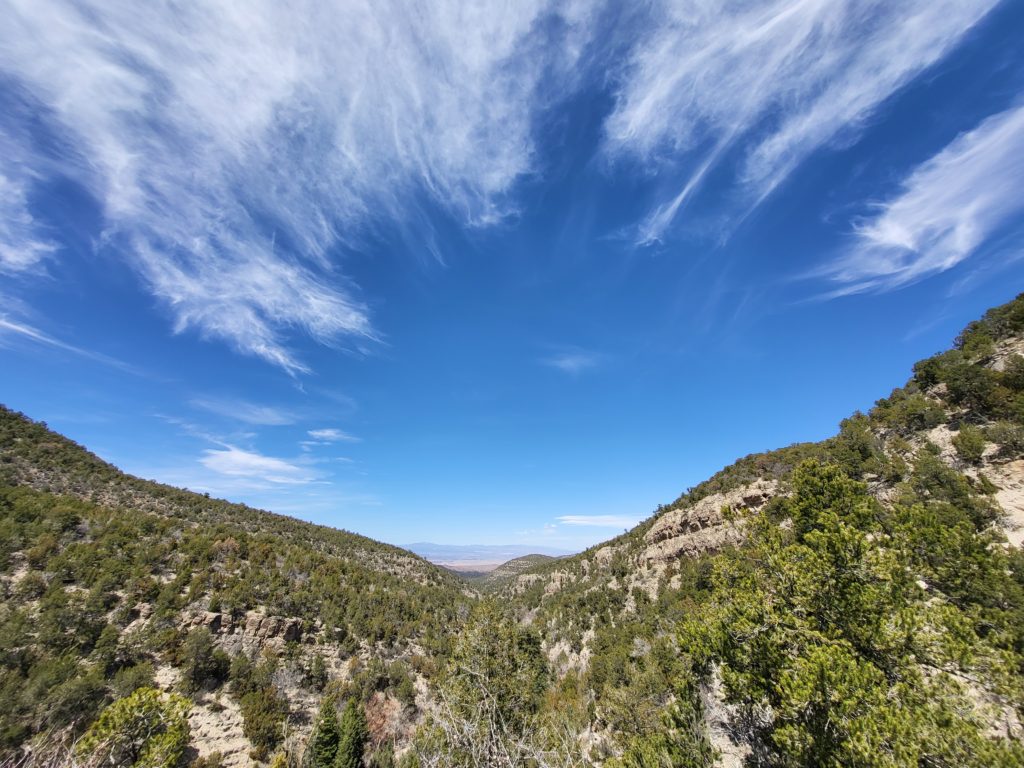People who experience trauma need connection and healing. We need help. We need people.
This sounds straightforward, but there is something especially tricky about the consequences of most trauma: the wound itself can prevent us from getting the help we deserve and need, by causing us to:
- withdraw
- distrust
- have difficulty engaging people in a way they can trust
- reaching out and then pushing away
- and many other behaviors that keep us from having exactly what we need to move forward.
This is really heartbreaking business, especially at the stage of healing when we start to realize that our patterns are actually part of what’s keeping us where we are, and that we can’t always blame others for how things aren’t working correctly in our lives.
It’s so terribly unfair — first we’re hurt by those who were meant to care for us, and then the consequence of that injury is that now we are the ones who block our way to love, safety and joy again. Agh!!!
Let’s take a moment and just stand in awe of how hard it is to be human, okay? Phew!
Then, let’s engage together the truth of self-sabotage from a place of self-respect and kindness, and also a new kind of curiosity. Is there a way out of this bind?
Yes, of course, there is, although — as with much deep healing — maturity helps us understand that miracle cures aren’t what’s likely. (Although we’re always open to that, right? It does happen sometimes!) Instead, we draw near to our woundedness, appreciating the deep wisdom of self-sabotage, it’s intention to keep us safe, and it’s deeply-stored-away hope that it’s the way to renewed life.
In my online workshop next week, this is what we will be doing together, tenderly and kindly. As we do that, our inquiry will aim at finding the deeper wisdom of our own attempts to take care of ourselves, and see if we can re-direct it to more effective, life-giving ends.
Constellations are uniquely suited to this work. It is a powerful tool to pry under the lid of objective behaviors like withdrawal or pushing others away, and discover what true aim and gift lies underneath. When we bring these aims and gifts to the conscious surface, we have a new creative opportunity — what shall we do with this? It offers a way forward we didn’t have before.
What have you discovered about self-sabotage? Have you found a gentler way with yourself? When have you seen it transformed? Please share your stories on my blog below.


My own little Pandora’s Box has been flung open. All the ways in which I self-sabotage. I have seen my behavior as protective of my young Wounded Self, but not directly as self-sabotage. So many ways…
One of the primary ones is being “brave.” I call her Brave Little One. I am a strong and courageous woman, but I use “being brave” as a means of not getting my needs met. “I can get through this.” “I can do this myself.” “I have to be the strong one.” And yes, “I don’t need anybody.” Yet one of my strongest values is Connection, so this is huge self-sabotage.
Then there is Leaving. I have left so easily. Groups, relationships, jobs, countries… It’s the other side of “I don’t need them,” which is “Nobody needs ME.”
And then there is not joining in the first place. One of the heartbreaks of my life I can still tap into is all the things I said No to—all the creative opportunities, all the invitations to be a part of something that I would truly love, the healthy man who loved me—all because I couldn’t believe they would really want me.
Then there is terror of asking for what I want and need: help, money, consideration, kindness, companionship. I have learned to ask because I am brave. But then often, when I do, I go into shame for asking. And it is so much easier to leave!
It’s interesting to reflect on what I have written, because I sound so profoundly wounded, and I am actually a fairly functional, relatively happy, abundantly creative, often wise woman. Identifying all this specifically as self-sabotaging behavior, rather than simply “wounded” behavior (which my Brave Little One can handle so cleverly) is so helpful to me. I am very excited to take a look at all of this in your workshop, Leslie.